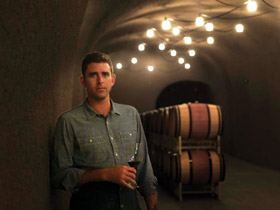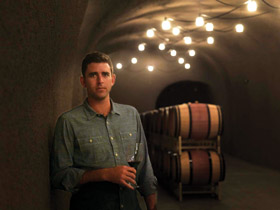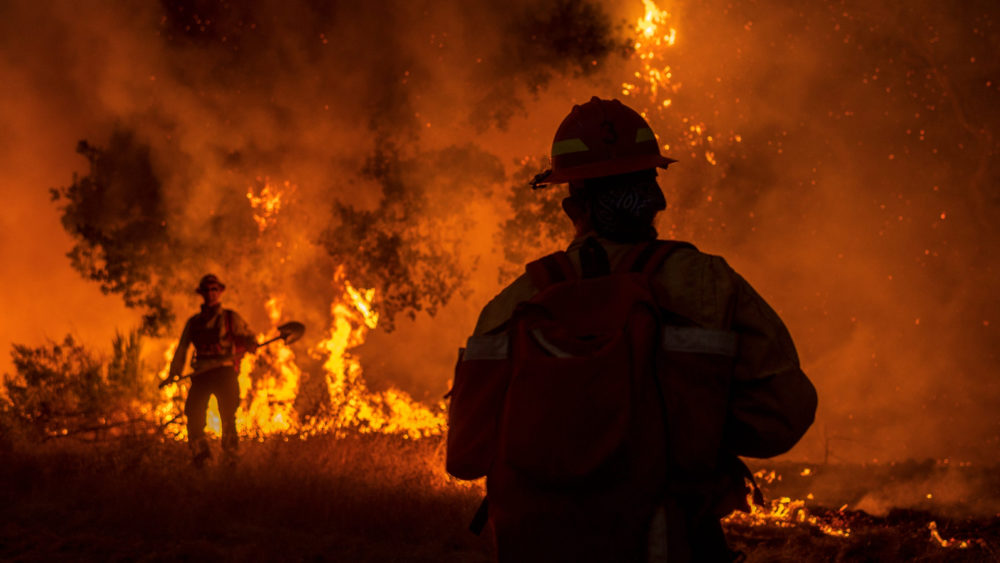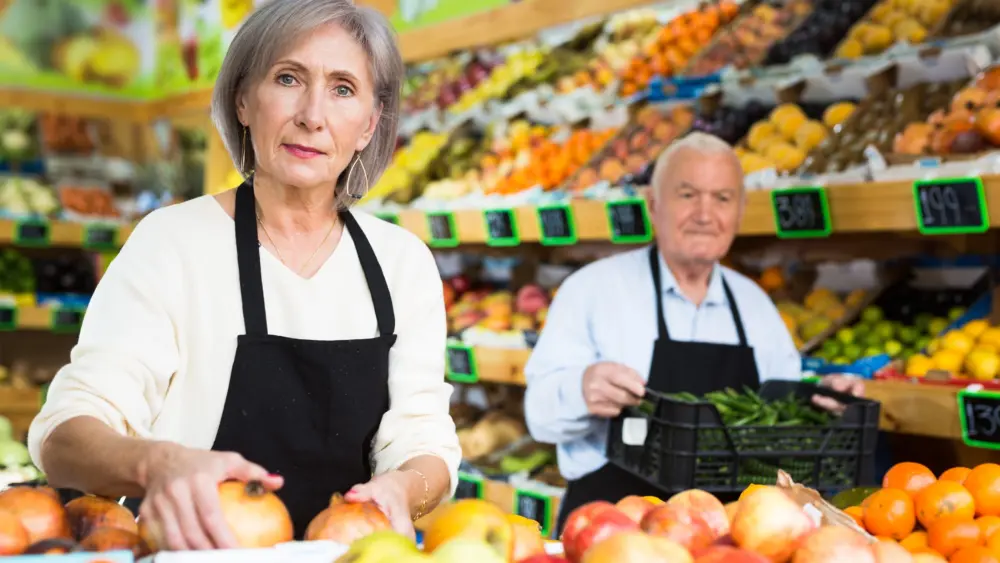Winery growth is symbiotic between the vines and the ones planting them. Enologists, winemakers and their field staff monitor soil conditions, weather, moisture and a myriad of other variables all year long, giving the vines their best chance to produce fruit worth the effort poured into them. As the staff tucks more harvests under their belts, the knowledge goes a long way to making vineyard improvements. That’s the track for Adrien Halpin, assistant winemaker at Odette Estate in Napa’s Stag’s Leap district. In 2012, when Halpin was hired, the winery itself was getting used to some new management.
“The vineyards and the land here are old,” Halpin says. “Odette was purchased by the PlumpJack family in 2011 to round out their win

ery profiles; but before that, the Steltzner family owned this place since the ‘60s. We made our footprint from the ground up, but this place has some real history under its roots.”
Halpin, like his winery, can’t say he’s been in town as long as some of Odette’s neighbors. His career started with an interest in chemistry while studying at California Polytechnic university San Luis Obispo. “One of the best things studying at SLO did for me was the college introduced so many fields of work related to my major,” he says. “I knew I never wanted to work at a desk. The viticulture program put me in a field, working on central coast wines and their winemakers. That was my turning point; I knew I wanted to get into wine.”
Besides his studies, Halpin had another intersection between him and the wine world. “To help pay my way through college, I worked at restaurants and bars,” he says. “Eventually, I came to a place that served a loyal selection of local wines. I did tastings to help my palette pair wines with food, and I got to directly interact with customers and buyers, relying on my expertise to help them make a pairing that worked with their dinners. That propelled me into the industry, alongside my studies.”
Today, Halpin has a hand in nearly every operation at the winery. “I’d hardly call any day boring or slow,” he says. “When we’re not blending, tasting or barreling, we’re spending our days measuring Brix levels, testing fermentation for the next harvest or covering our crops so they don’t crisp in the sun. It’s everything I’ve wanted to do ever since I started at the central coast.”
How does someone interested in winemaking make his or her entrance today? “There’s nothing more important in the wine industry than experience,” Halpin says. “There’s no substitute to getting out in the vineyards and working a harvest with the winemaker there. Never be afraid to get your hands dirty, because it shows you’re there to do work and excel.”




